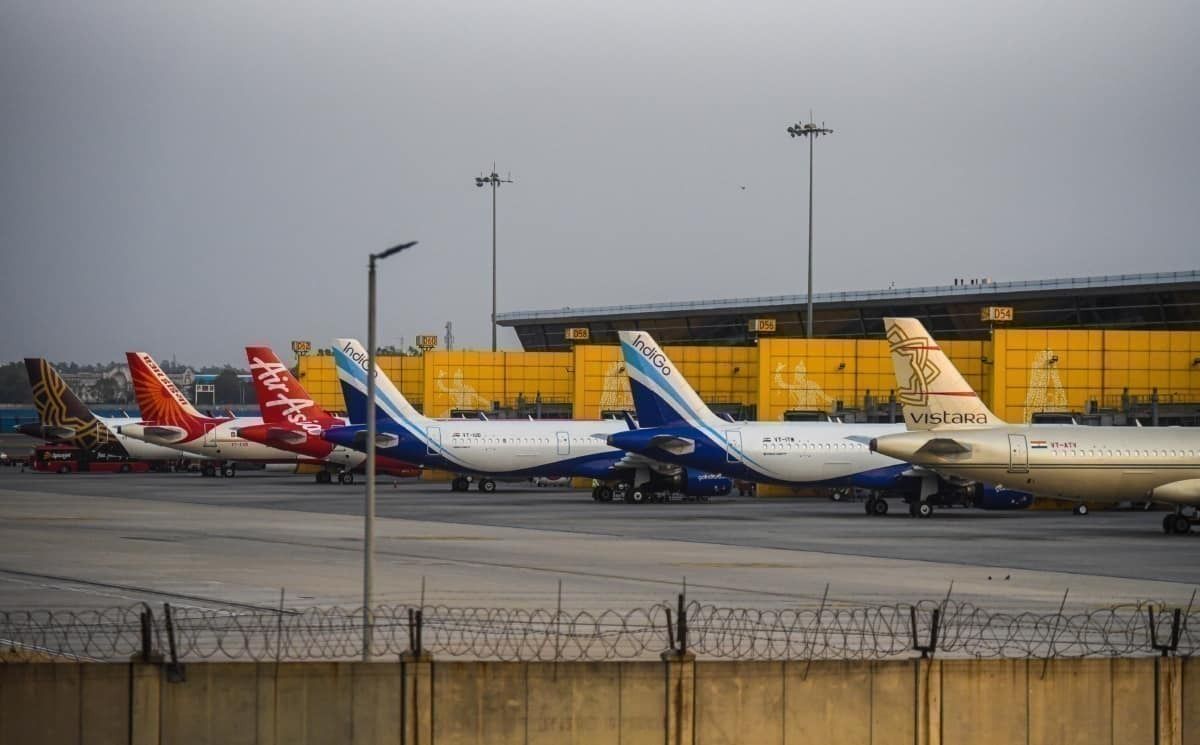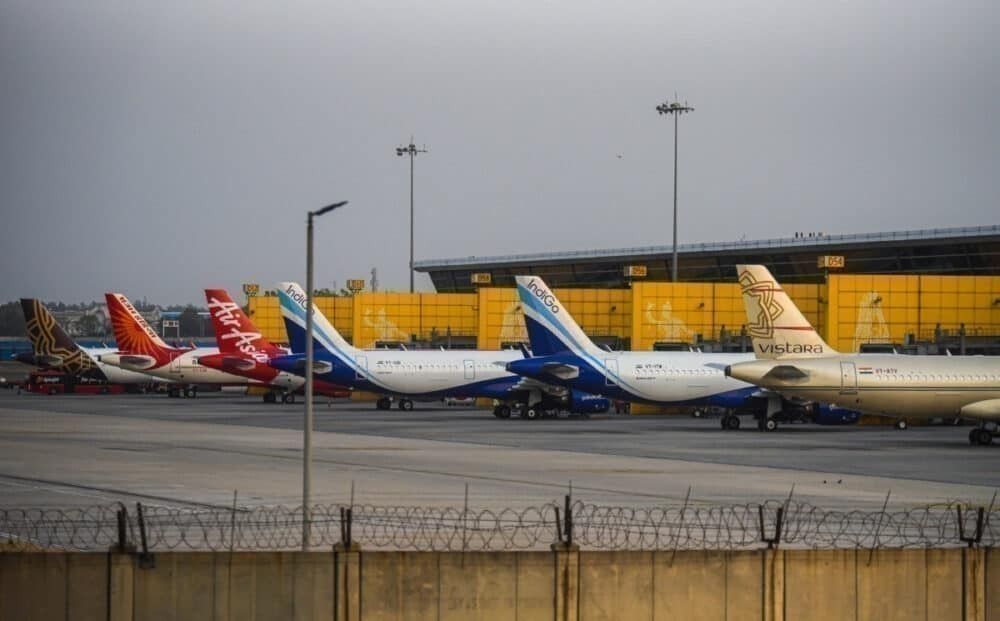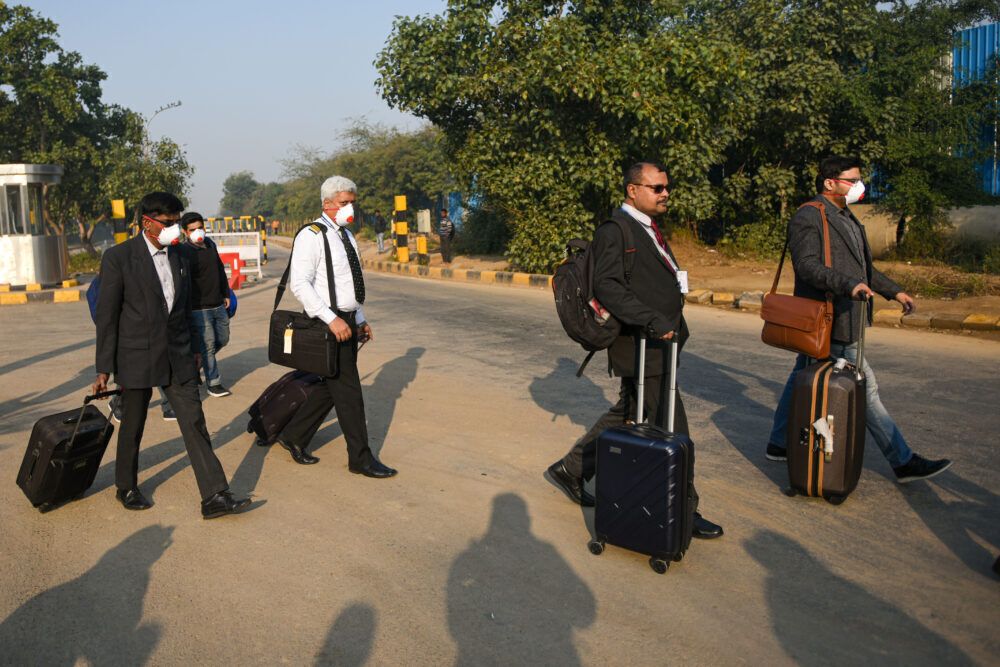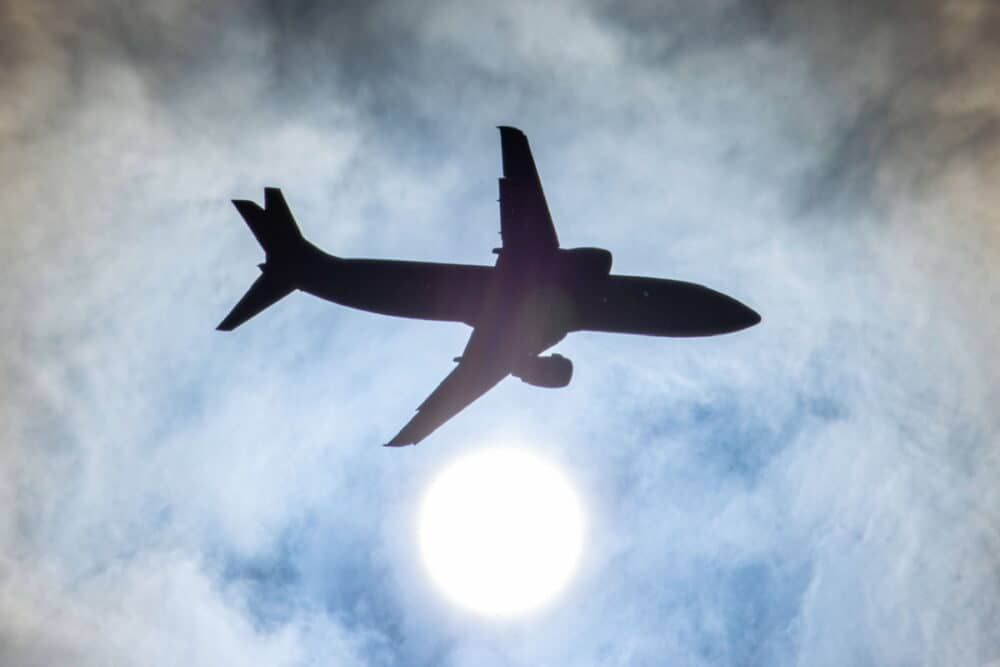For the first time in India, airlines and air navigation service providers have been asked to test employees for drugs. While airline crew members are subjected to random breath tests for alcohol, they will now also be tested for psychoactive substances from January next year. Let’s find out more.
Extensive drug testing
Issued by the Indian aviation regulator, the DGCA, the rules state that airlines and air navigation service providers will have to randomly test at least 10% of the flight crew and air traffic controllers. All aircraft operators in commercial service, maintenance and repair companies, and air navigation service providers will also have to drug test anyone before offering employment. The guidelines also apply to flight schools that will have to test trainee pilots before admitting them.
The new rules come into effect from January 31st, 2022. The DGCA chief Arun Kumar issued a statement that said,
“The worldwide spread of use of psychoactive substances, their general availability and the ever-increasing number of addicted users is a serious concern to aviation safety.”
Airlines and other concerned organizations have been asked to use a “scientifically valid method such as a random-number table or a computer-based random number generator to select the employees for testing using the unique identifying number.”
The rules mandate testing of individuals by respective organizations on the following occasions:
- Before employing a person
- Before admitting a trainee pilot in an FTO
- Follow-up testing of confirmed cases
- At first available opportunity, in case an aviation personnel has refused drug test to a foreign regulator during flight operation to that country/duty in that country.
Stay informed: Sign up for our daily and weekly aviation news digests.
Consequences of a positive test
According to the statement, the new test will cover the following substances:
- Amphetamine
- Methamphetamine
- Cannabis
- Cocaine
- Opioids
- Barbiturates
- Benzodiazepine
- MDMA or Ecstasy
In case an employee is found positive, the employer will have to inform the DGCA within 24 hours. Any positive test will be confirmed by a second test.
A personnel testing positive for the first time will be referred to a specialist doctor or rehabilitation program. The employee can return to duty only after meeting specific parameters and, of course, a negative test. The new rules state,
“Such an employee shall return to active duties after again having undergone the tests for the consumption of the psychoactive substance with a negative test report. In addition, fitness certificate by the medical in-charge of the concerned organisation shall be required.”
A second-time violation will see the personnel lose their aviation license for three years, and a third positive test will result in the permanent cancellation of the license.
Strict guidelines in India
Indian authorities have been subjecting flight crew to strict random breathalyzer tests for a while. In fact, the Delhi High Court had to step in earlier this year, asking airlines not to go overboard and stay within the 10% limit of the number of employees to test. This was done following the DGCA complaint that airlines were testing more crew than required.
The new drug testing guidelines have been formulated after discussion with all the stakeholders, including airlines and crew. The DGCA came up with similar rules in 2020, but the plans were delayed due to the pandemic.
What is your opinion about the DGCA testing aviation personnel for hard drugs? Do share in the comments section below.




